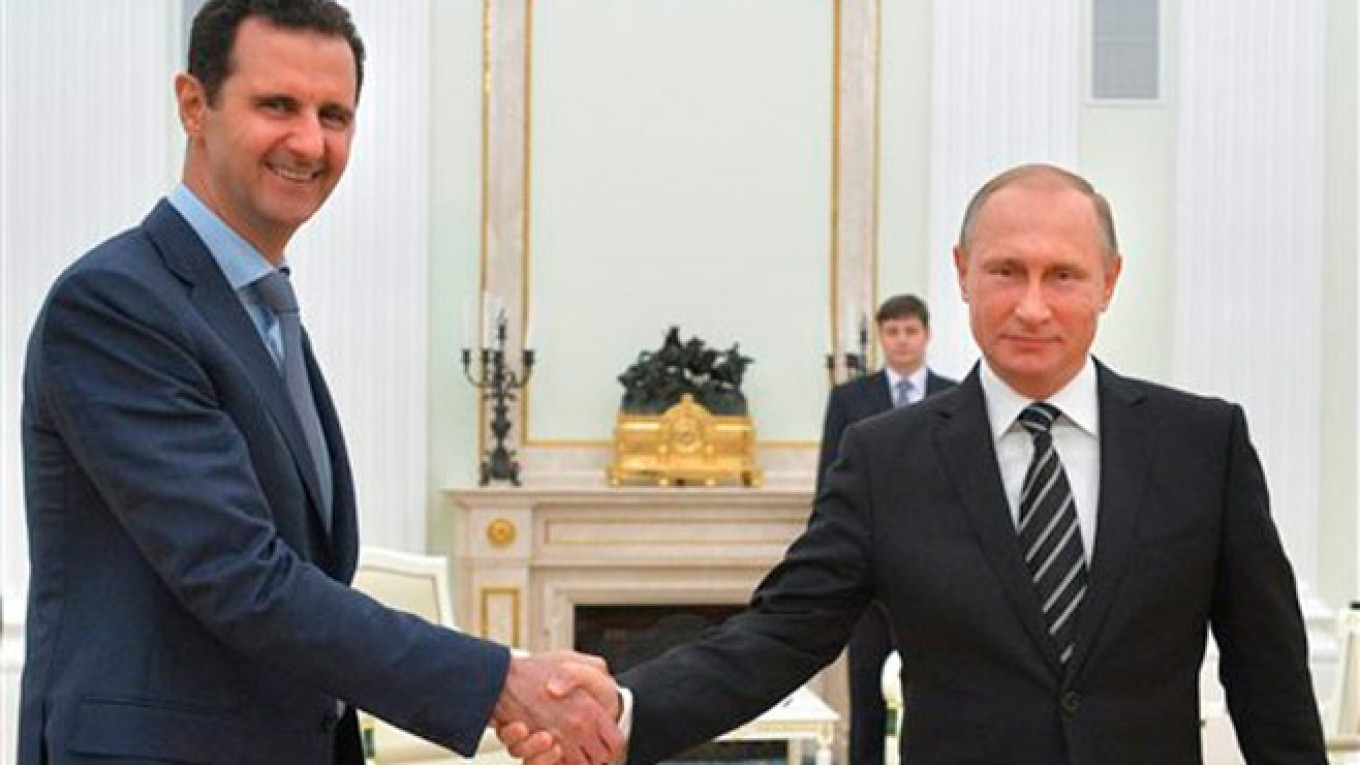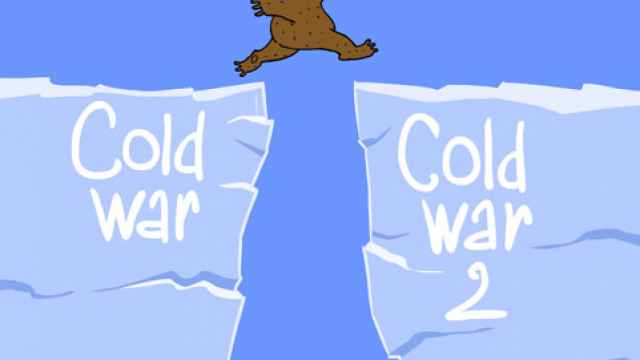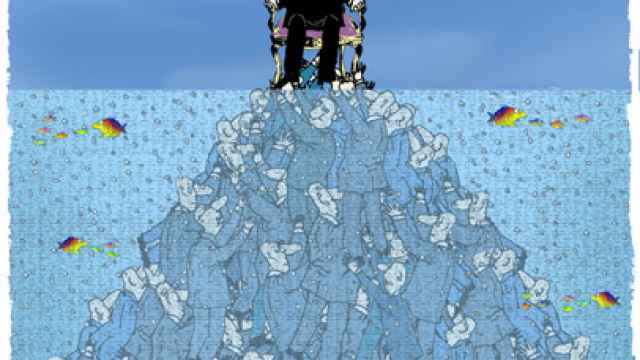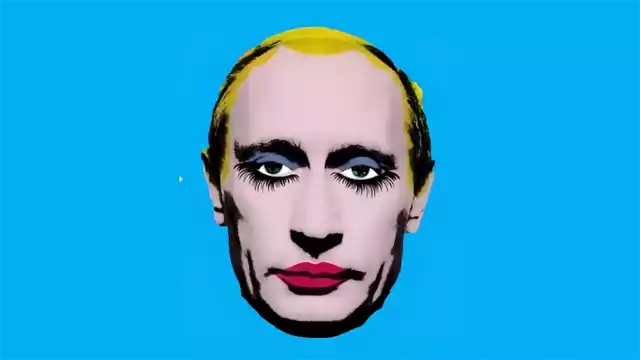The statement "He's a son of a bitch, but he's our son of a bitch" long ago entered political lore. And whether it was former U.S. President Franklin D. Roosevelt who said it regarding former Nicaraguan leader Anastasio Somoza, or, as some believe, the words referred to former Dominican Republic dictator Rafael Trujillo, the idea is the same: the statement clearly demonstrates the well-known phenomenon of double standards in politics.
It has always been that way, it remains so and, I am afraid, it will remain so for the foreseeable future.
And, of course, not only the United States had its various "sons of bitches." The Soviet Union, Britain, China, France, Germany and others all lent their support at one time or another to a variety of lowlife national leaders to achieve some purely temporary political goals.
I worked in Peru in the late 1980s and early 1990s and remember the war waged by Maoist terrorist organization Shining Path.
I well remember what horrors those favorites of Beijing committed: blowing up everything possible, using machetes to hack off their victims' hands, making a yellow liquid that smelled of excrement flow out of water pipes in place of water, and sometimes, as a joke, they would join those pipes with the regular water line.
In fact, many Maoist agitators of that time led comfortable lives as political refugees in the Netherlands where they worked actively to convince the Europeans of their democratic and civilized ways — in contrast to their behavior toward the Peruvian authorities. The Peruvian authorities of that time were not so great, but the country's Maoists were much worse.
However, Europeans did not understand that and many were very upset that the Soviet Union provided military equipment to the Peruvian army to fight the terrorist group.
Few remember that barbarous war: today other "sons of bitches" blow up other locales.
By the way, those terrorists often start off as "our sons of bitches" and wind up out of our control.
The boomerang often swings around and strikes the head of the one who threw it — that is, the state that secretly funded, armed and trained those terrorists in pursuit of short-term political interests.
And still, neither the West nor the East ever realize that there is no such thing as "good" or "bad" terrorists, no matter what slogans they hide behind or how they justify their actions. There is simply no such thing as a "good" or "moderate" terrorist.
The Eastern and Western powers cannot even agree on a unified list of international terrorist organizations.
One side is OK with Hamas, the other not.
One side sees no problem with Hezbollah while the other most certainly does.
And yet, it is clear that both groups use terrorist methods in their struggle.
In fact the world cannot even agree on a common definition of the word "terrorism," with the result that each state interprets it as best suits their interests at any given moment.
When the West speaks seriously of a "moderate opposition" in Syria, I cannot figure out who they mean when every group in that conflict is running around with automatic weapons, blowing things up and killing others.
In my understanding, "moderate" connotes exclusively political methods of struggle.
However, U.S. airplanes are simply dropping new weapons and ammunition on the ground for anyone who needs them.
And in Syria, everyone needs weapons these days. Syria's so-called "moderate opposition" is currently Washington's favorite "son of a bitch," and for political reasons almost nobody in Washington is thinking about what sort of beast that little "pup" will one day become.
By the way, former U.S. National Security Adviser Zbigniew Brzezinski also gave little thought to the end result of giving U.S. aid to al-Qaida.
That support returned later as a deadly boomerang: bombings of the U.S. embassies in Kenya and Tanzania in August 1998, and finally the destruction of the Twin Towers in New York on Sept. 11, 2001.
But at the time, Washington believed al-Qaida militants were the good guys: they were "our sons of bitches."
Moscow's attitude toward the latest wave of terrorism in Israel is also a little strange, to put it mildly.
Although the Palestinians undoubtedly hold some legitimate claims against the Israeli leadership, that does not justify knife-wielding Palestinians attacking a 70-year-old Jewish woman recently outside a bus station in Jerusalem.
And yet, Russian state-controlled television coolly aired the speech by Palestinian President Mahmoud Abbas in which he defended the "heroes" and actually incited the Palestinian people to further violence.
But Moscow remains silent, as does Washington, both playing the game of "big politics."
The problem is that "big politics" always requires big sacrifices from the little people.
I don't remember who originally said that, but it's true. And since I love the little people, I have never liked politicians.
Pyotr Romanov is a journalist and historian.
A Message from The Moscow Times:
Dear readers,
We are facing unprecedented challenges. Russia's Prosecutor General's Office has designated The Moscow Times as an "undesirable" organization, criminalizing our work and putting our staff at risk of prosecution. This follows our earlier unjust labeling as a "foreign agent."
These actions are direct attempts to silence independent journalism in Russia. The authorities claim our work "discredits the decisions of the Russian leadership." We see things differently: we strive to provide accurate, unbiased reporting on Russia.
We, the journalists of The Moscow Times, refuse to be silenced. But to continue our work, we need your help.
Your support, no matter how small, makes a world of difference. If you can, please support us monthly starting from just $2. It's quick to set up, and every contribution makes a significant impact.
By supporting The Moscow Times, you're defending open, independent journalism in the face of repression. Thank you for standing with us.
Remind me later.






